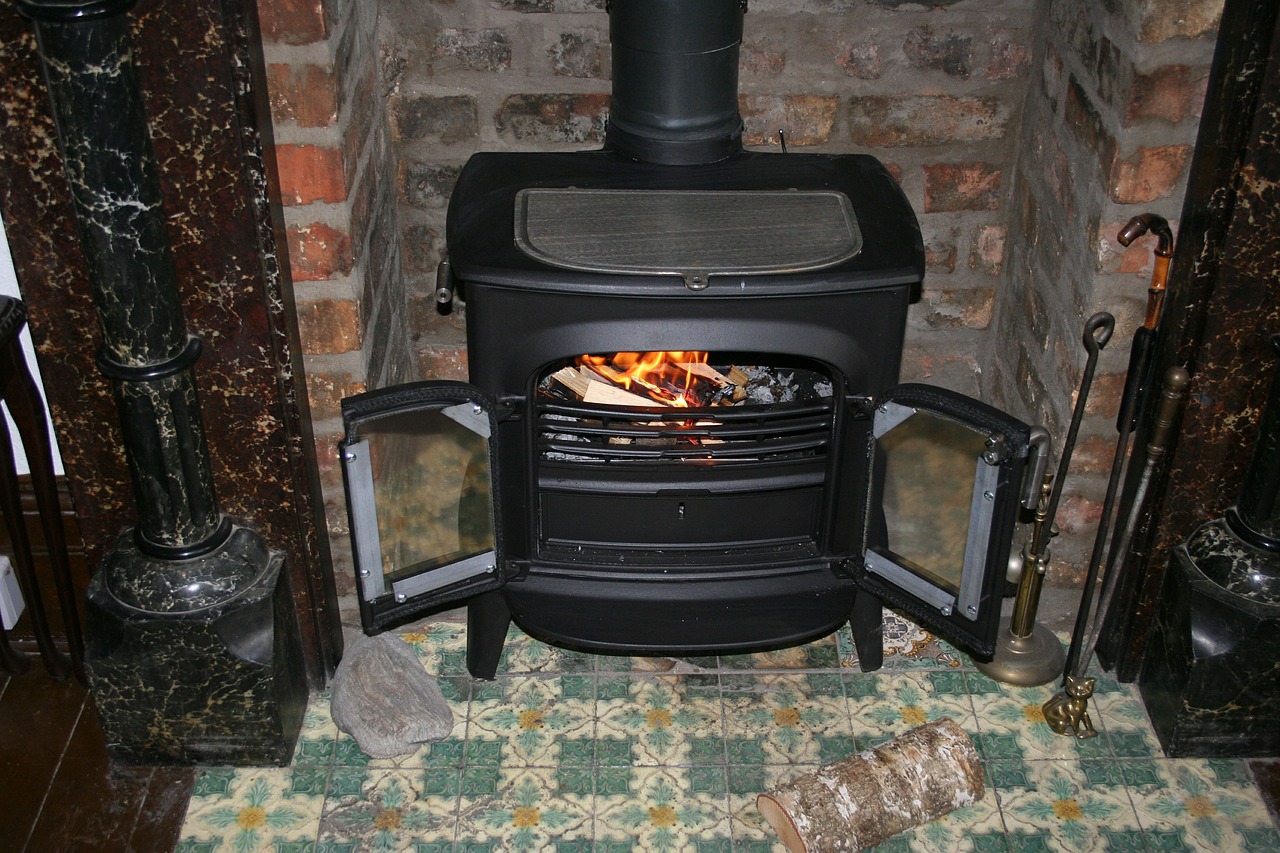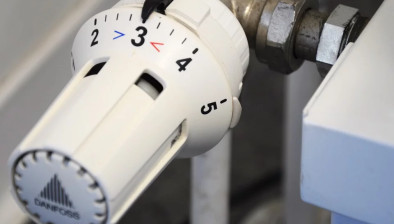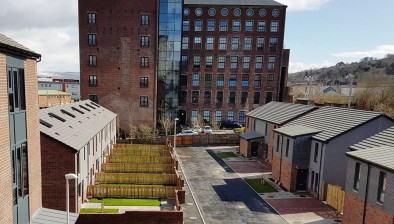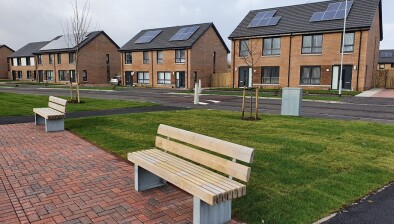Comhairle seeks clarification on wood-burning stoves

The leader of Comhairle nan Eilean Siar is seeking urgent clarification from the Scottish Government around regulations on wood-burning stoves, describing the new legislative amendments as “confused and confusing”.
With the New Build Heat Standard now in force, the installation of ‘direct emission’ systems for heating new build homes and other buildings is now banned in Scotland.
Effectively, that means that new houses and conversions are not allowed to use gas or oil boilers, or any form of bioenergy where electricity or heat is generated from organic matter such as wood.
Instead, housebuilders are expected to use what are known as ‘zero DEH’ systems such as heat pumps, solar thermal storage systems or electric storage heaters.
There was some confusion over whether stoves would be allowed as a backup.
While the regulations say that the use of direct emission heating systems is permitted for emergency heating, it says that in “smaller buildings, including dwellings, there will be little justification to install emergency heating as heat demand on failure of the normal heating system can usually be addressed simply and easily through use of independent, portable heaters”.
It goes on to say that emergency heating via a fixed installation “becomes a consideration where the size, complexity or heat demand of a building makes portable solutions non-viable or difficult to manage effectively”.
However, after questions were raised on social media, the Scottish Government explicitly confirmed wood burning stoves and “other heating systems that cause emissions” would be allowed “where a need can be justified”.
Cllr Paul Steele, leader of Comhairle nan Eilean Siar, said: “The definitions within the amendments to the Building (Scotland) Regulations 2004 are confused and confusing. Comhairle officers have been seeking clarity around the regulation and we await that clarity from government. Wood-burning stoves have long been considered to provide ‘low or zero carbon’ heating, so this change appears over-zealous and does not take into account island contexts.
“This looks, once again, like an urban style policy being foisted onto island communities without proper consideration of island circumstances. The Comhairle will continue to engage with the government to make the case for island-proofing and to ensure an approach that does not disadvantage islanders.”
Taking to X, Patrick Harvie, the minister for zero carbon buildings said it was not accurate to say that he and colleagues had banned wood burning and biomass heating.
“This isn’t true. I’ve seen people worried by these claims, thinking they’ll be forced to rip out their wood burner! No, you won’t,” he said.
“What’s changing is rules for new buildings and major conversions applying for a building warrant from this month. It has nothing to do with existing heating systems, or replacements that aren’t part of a building conversion. There are exemptions for emergency heating systems too.
“This is because it’s better, easier and cheaper to install clean heating systems from the outset, rather than go back and retrofit later.”
A Scottish Government spokesperson added: “Heating our homes and buildings represents about a fifth of Scotland’s carbon emissions so tackling the climate emergency requires us to address these emissions.
“Proposals in the New Build Heat Standard, which came into force from 1 April 2024, were widely consulted on in 2021 and again in 2022.
“Both consultations showed strong support for the new Standard. The changes mean that new homes and buildings do not contribute to climate emissions, by banning the use of polluting heating systems such as oil and gas boilers, and bioenergy – including woodburning stoves.
“Existing homes are completely unaffected as the standard will not apply to the installation of heating in homes and buildings built before 2024.
“Wood burning stoves and other heating systems that cause emissions can also still be installed in new homes to provide emergency heating, where a need can be justified – responding to feedback from rural communities.
“Separately, the Scottish Government has recently finished consulting on plans for introducing clean heating systems in existing homes and buildings and is currently considering responses. This included proposals around the use of bioenergy and measures to prohibit the use of polluting heating systems in all buildings after 2045.”
















